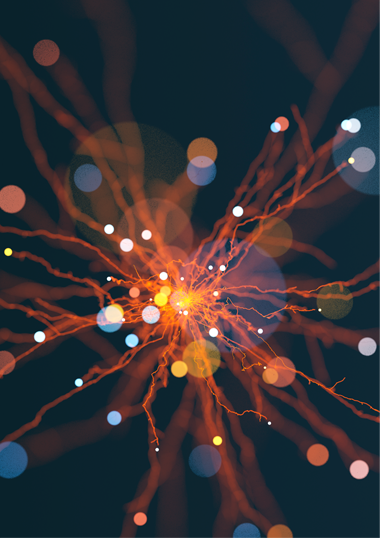Apply
Allgeier
Richter
Drozdowski
von der Emde
Welcome to the Heidelberg Graduate School for Physics.
If you meet the admission requirements, please check our admission deadlines, and apply either through our webportal (for international students and anyone without prior financial support) or directly, using the forms from the forms section (if you already have an advisor and financial support through him/her).

The Heidelberg Graduate School for Physics offers a doctoral programme for students that culminates in the degree "Dr. rer. nat.". In order to enter this programme, the usual requirement is that students must have obtained the minimum of a Master´s degree in Physics or equivalent.
With respect to grades, it is expected that students applying for entrance to the Graduate School have the equivalent of the grade minimum 2,0 in the German system.
This corresponds roughly to a "B+" Grade or better in the American or English system.
As an exception to this policy, the Heidelberg Graduate School for Physics can admit excellent students who have completed 4 years of study in physics (Bachelor or Honours' degree). For more details on this, please read the information on the "integrated master/doctoral" programme.
Candidates will be screened for suitability. In the screening process, the grades, theses, as well as two letters of recommendation will be taken into account.
The regulations governing admission to the Heidelberg Graduate School for Physics and the Department of Physics and Astronomy are detailed in the information brochure in pdf-form.


On arrival at Heidelberg University, graduate students will be aided by the HGSFP Central Office.
Heidelberg is a small town with ca. 150 000 inhabitants, of which ca. 30 000 are students at the University. The University itself, with many of its Physics Institutes lies in the valley of the river Neckar. The landscape in the valley is extremely flat - a good means of transport for students is thus generally a bicycle. There is of course an excellent bus and tram system too, so that one does not necessarily need a car at all. Some of the Physics Institutes, however, are on the mountain (see Max Planck Institutes) and these are better reached by car or bus.
Please note that in accordance with German law, all persons must be registered with the local authorities in the area in which they live. The Graduate Academy of Heidelberg University will aid you in all these aspects.


Heidelberg Alumni can join the clubs offered by the University.
Alumni of Heidelberg University are welcome to join the central alumni initiative of Heidelberg University "Heidelberg Alumni International" (HAI).
HAI is the worldwide network for former and current students and researchers who would like to stay in touch among them-selves and with the university. Membership is free. For further information on the network as well as the services and activities, please follow the link on the right hand side.
In addition, the "Society of Friends of Heidelberg University" (GdF) uses membership fees to provide benefits for individual students and support departmental initiatives. Thus it is greatly appreciated if you decide to join.

Research towards the degree Dr. rer. nat. can be performed in one of several fields, offered at the Department of Physics and Astronomy.
Research encompasses core areas of fundamental physics as well as interdisciplinary border areas. In the core areas, research focuses on elementary particle physics, the structure and evolution of the universe, and the properties of complex classical and quantum systems. The interdisciplinary border areas include environmental physics, bio- and medical physics as well as technical computer science.
Condensed matter physics deals with all aspects of the macroscopic and microscopic physical properties of matter. Research at Heidelberg University includes a wide range of physical phenomena and mathematical concepts in both quantum and classical systems and ranges from fundamental many-body physics and quantum materials to materials science and modern technology. It covers fundamental questions central to our understanding of quantum mechanics, such as unconventional ordering phenomena and how complex multi-body quantum systems can be understood as well as aspects of surface science and nanomaterials.

Doctoral students of the Heidelberg Graduate School for Physics can concurrently be admitted to one of the topical graduate schools in physics located in Heidelberg. (However, students of these schools must be admitted to the HGSFP).
These schools provide a focused programme in a specific research area, ranging from detector specialization through to specialization in quantum control and astronomy.
Doctoral students in medical physics can also be members of two schools simultaneously.
Abstracts and links to recent dissertations associated with the fields of research at the Heidelberg Graduate School for Physics can be found here.
